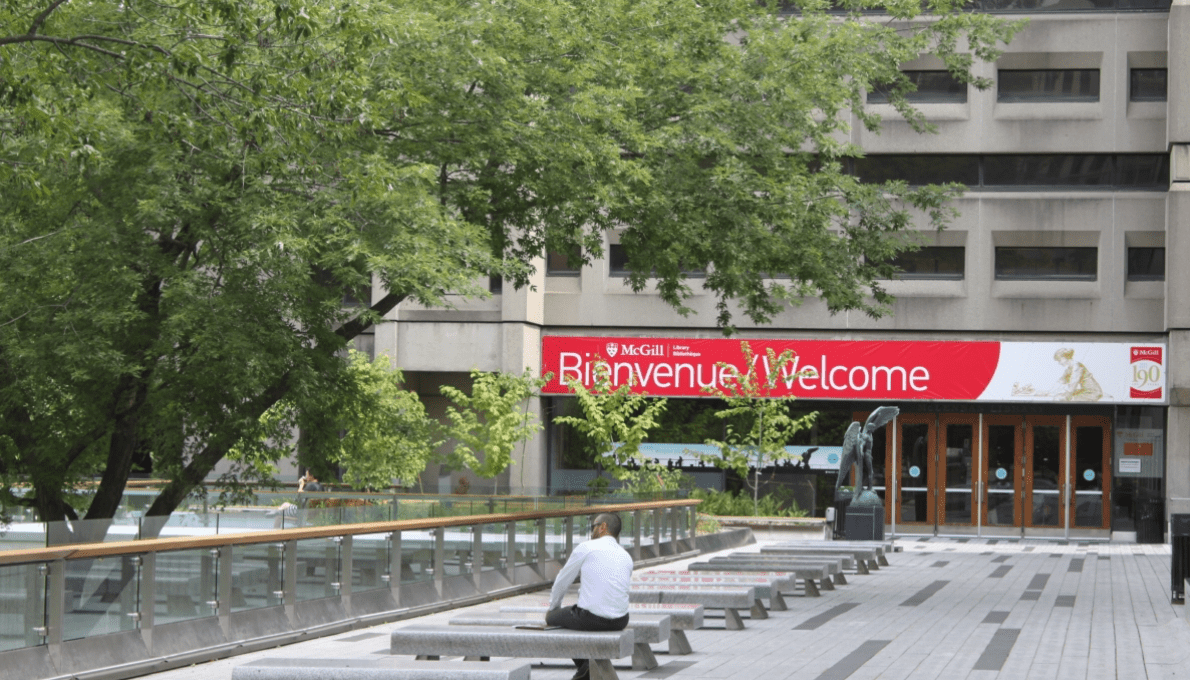McGill’s Rare & Special Collections, Osler, Art, and Archives (ROAAr) hosted “The Ludic Generation: Harnessing the Potential of Interactive Learning in Higher Ed” on Jan. 16 to generate discussions among educators about how to embrace the growing presence of technology in the world. The panel featured York University PhD candidate Paul Darvasi, who is a founding member of the Play Lab at the University of Toronto, and Shawn Young, co-founder and CEO of ClassCraft.
Darvasi’s presentation focussed on the impact of technology on Generation Z—people born between 1996 and 2011—and highlighted this generation’s frequent interactions with technology, which include social media, video games, and the internet. In particular, he referred to the phenomenon of ‘informal learning,’ which he believes to be beneficial to Generation Z.
“Kids are learning from YouTube videos, they are learning from Wikipedia, [and] they are quite curious,” Darvasi said.“As educators, we have to start thinking, ‘how do we encompass these informal learning spaces,’ because they are very powerful, very influential, and very effective.”
He noted that members of Generation Z are accustomed to the accessibility of technology, a phenomenon which he hopes educators can learn from.
“One thing that video games do very well is that they adjust to the player,” Darvasi said. “When [Generation Z] goes out to a learning environment, they are a little shocked by the lack of personalization [….] Now, with digital media and computers, we can personalize learning experiences.”
Young presented ClassCraft, an application that elementary school teachers around the world have started to implement into their daily class activities. Mimicking a video game, ClassCraft enables students to design characters, form teams, and compete for points at school. The points can be used to earn assignment deadline extensions and other academic rewards.
“Games are a string of systems that are really good at driving intrinsic motivation,” Young said. “The classroom is the game. We’ve managed to take the culture and mechanisms of games and bring that to […] real life.”
Young pointed out how ClassCraft can accelerate learning and enhance an education environment, despite the common conception that video games only have negative impacts on youth.
“[ClassCraft] is a non-competitive game,” Young said. “You can’t win on your own, there’s no leaderboard, there are no ways you can harm other players. It’s a collaborative experience.”
During the question period, members of the audience asked Young and Darvasi about their thoughts regarding the role of libraries amid the takeover of technology in schools. The two presenters provided similar suggestions based upon integrating games into the library space.
“[The library] is a space to create face-to-face opportunities within a culture that is increasingly making interaction more difficult,” Darvasi said. “[Libraries should be] a space [that] is both celebrating digital culture and face-to-face interactive culture”.
Trenholme Dean of Libraries Colleen Cook concluded the event by emphasizing the library’s innovative outlook on the impact of digital culture.
“We, as a library, […] have a foot in every corner of this university,” Cook said. “We need to make sure that when [students] are here, they are productive.”








